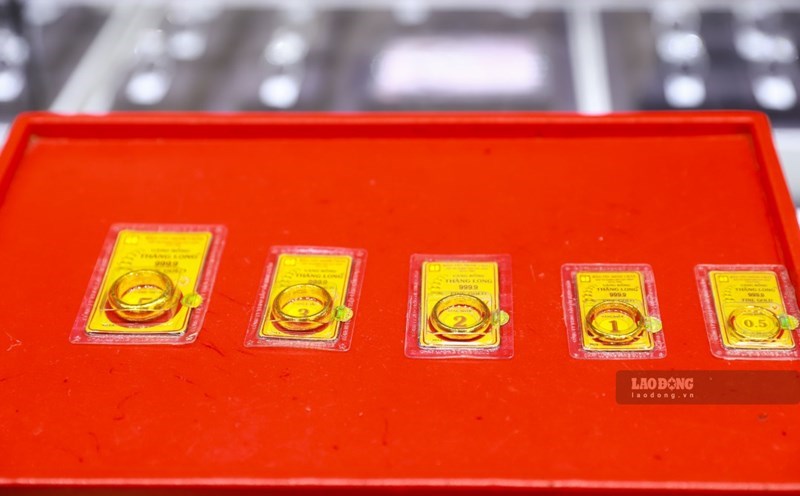Many current nutritional guidelines and summaries recognize eggs as a source of animal protein with low purine content and are considered a safer choice for people who need to control uric acid.
The beneficial mechanism of eggs is related to two main points. First, eggs provide high-quality protein but low in purines, which helps maintain the required amount of protein without promoting uric acid synthesis.
Second, egg whites are almost cholesterol-free and have less purines than egg whites, so people who need to control uric acid can prioritize egg whites when needed.
Recent nutritional review articles also emphasize that eating eggs as part of a balanced diet is not associated with an increased risk of gout in major studies.
However, eating eggs alone is not a "medicine" to reduce uric acid. Evidence shows the effectiveness of reducing uric acid from the overall diet and lifestyle: reducing alcohol, limiting fructose, reducing red meat and seafood rich in purines, increasing the consumption of low-fat milk, fruits, vegetables and actively losing weight if overweight.
An updated analysis of eating models found that healthy diets (eg, lots of vegetables, low-fat dairy, whole grains) are associated with a lower risk of increased uric acid, while a processed diet increases the risk.
Therefore, eggs should be considered part of a healthy eating model, not a single solution.
For people with gout who are being treated or have a history of gout attacks, clinical guidelines recommend limiting foods rich in purines, but emphasize that eggs and low-fat dairy products are often accepted and can be a replacement for other protein sources with more purines.
This means: replace part of the protein source from red meat with eggs or low-fat milk can help reduce the purine burden in the diet and support uric acid control.
Eat eggs in moderation (e.g. 3-7 fruits/week) as part of a diet rich in vegetables, fruits and whole grains.
You need to control your cholesterol or limit energy, prioritize white blood instead of eating a lot of yellow blood.
Combined with reducing alcohol, cutting down on sugary drinks or fructose and losing weight (if overweight), these measures have a strong impact on reducing uric concentration rather than just changing a dish.











